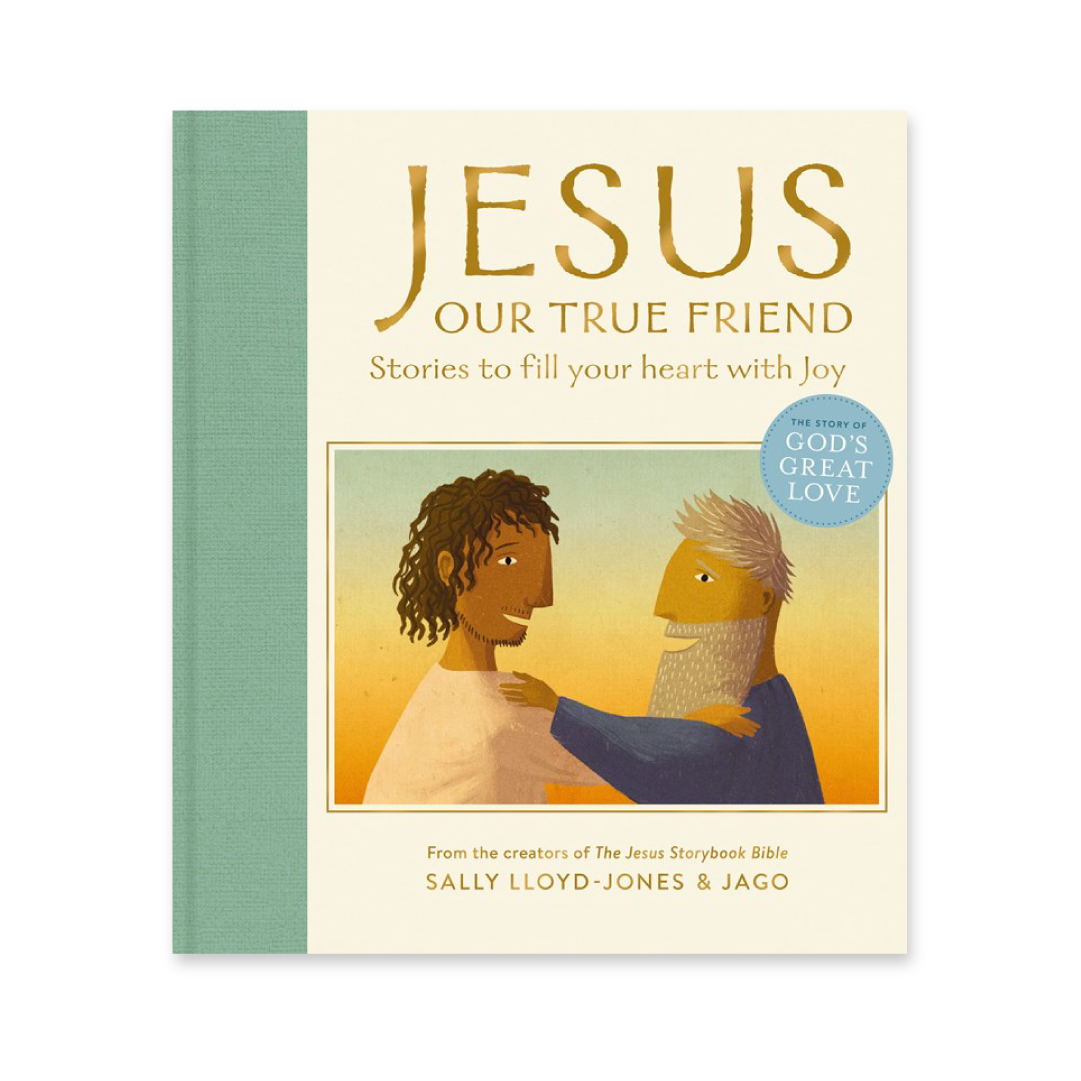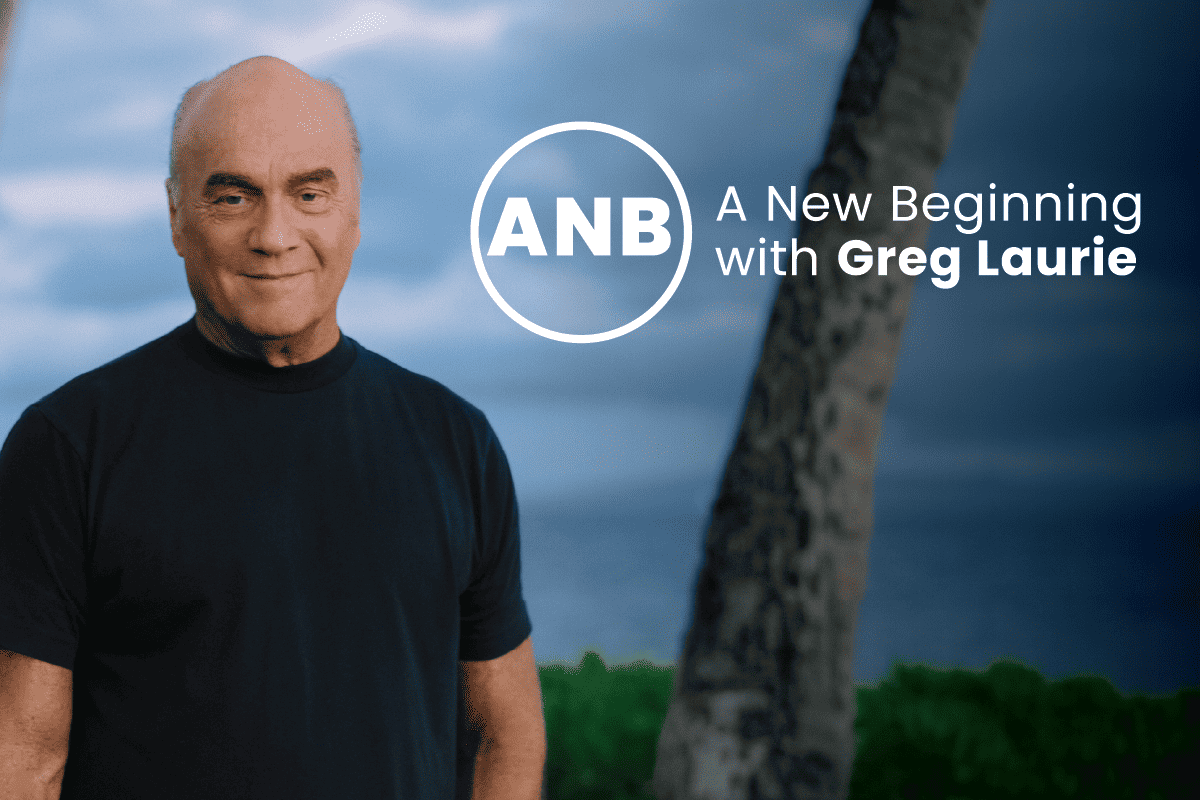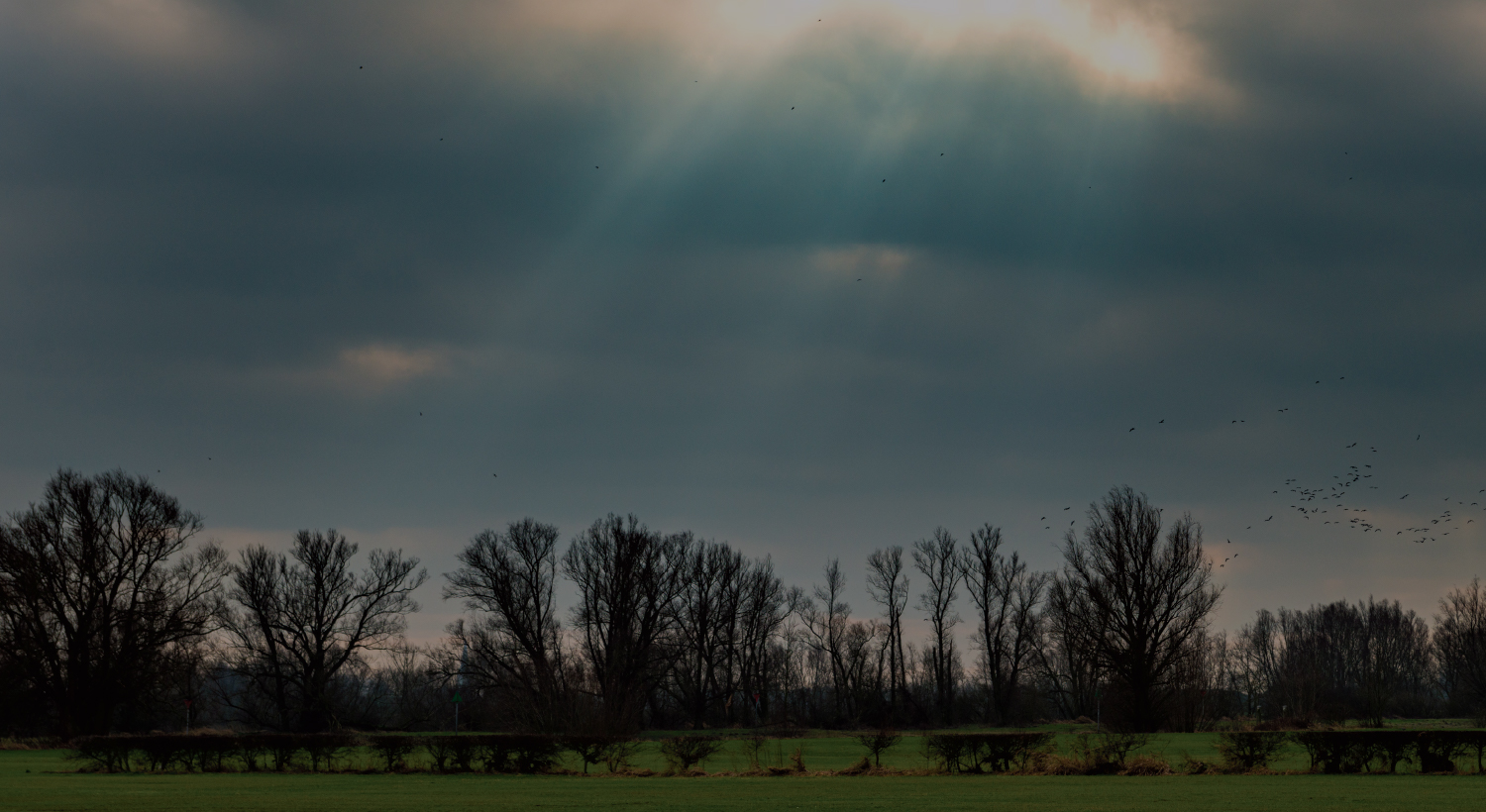Rarely does a man come along who changes a generation, but Chuck Smith was that man.
Charles Ward Smith was born in 1927 in Ventura, California. His parents are Charles and Maude Elizabeth. He has two brothers and a sister: Paul, Bill, and Virginia. Chuck has now joined his father, mother, sister and brother Bill, who are with the Lord. And he is more alive than he has ever been.
When Chuck’s sister, Virginia, was a young girl, she nearly died of meningitis. The Smith family prayed and God spared her. As a result, Maude Smith dedicated her unborn baby to the Lord. She prayed, “Lord, if You will give me my little girl back again, I will give You my life. I will serve You and do whatever You want me to do!”
Two months later, Maude gave birth to Chuck and she prayed and said, “Lord, through my son I will fulfill my vow to You.” Little Chuck was raised on Bible stories and he felt he knew the characters personally. His favorite as a boy was David and later, as an adult, his favorite was Paul.
Chuck made a personal commitment to Christ at the age of 14. He felt the Lord might use him in medicine and had plans to attend USC. But God had different plans and, while at a camp, Chuck felt the call to ministry. He went home and told his mother, and she thought it was wonderful. Chuck didn’t learn about his mother’s vow until she was on her deathbed. She had not wanted to influence his decisions by telling him until that time.
As a young adult, Chuck met and married his beloved Kay after a six-week courtship. They were married for 65 years. I asked him what the secret to a long marriage was; he said, “Putting Christ first.”
Chuck had his challenges and struggles with the multiple churches he pastored. God was preparing the messenger for the movement that was about to happen. Chuck has said, “Everything is preparation for something else.”
While in Huntington Beach, Pastor Chuck discovered a new style of preaching: book by book, chapter by chapter, verse by verse. This is what he did for the rest of his life and ministry.
He had a very successful church in Corona, but a request came from Costa Mesa, from a tiny little congregation that called themselves Calvary Chapel.
History was about to be made. Not long after Chuck moved to this church, the Jesus Movement exploded. Soon Calvary Chapel was overflowing with young kids sitting everywhere. A new style of music was being born as well: contemporary Christian music. Hundreds of young men, inspired by Chuck, went around the world starting Calvary Chapel-style churches.
I had lunch with Chuck once and asked him, “If an older Chuck could speak to a younger Chuck, what would he tell him?” His response was, “Hold the course.” And Chuck did that to the very end. He held that course. Now he has finished it and no doubt has heard God say, “Well done, good and faithful servant.”
In 2 Timothy, the apostle Paul talks about the course we all are on:
“For I am already being poured out as a drink offering, and the time of my departure is at hand. I have fought the good fight, I have finished the race, I have kept the faith. Finally, there is laid up for me the crown of righteousness, which the Lord, the righteous Judge, will give to me on that Day,
and not to me only but also to all who have loved His appearing” (2 Timothy 4:6–8 NKJV).
2 Timothy was the apostle Paul’s last epistle. In effect, these were his last words. Some 30 years had passed since he met Christ on the Damascus road. He looked back on his life without regret or remorse. If this were your last day, could you do that? Chuck did not look back on his life with regrets.
Paul says, “The time of my departure is at hand.” This word was used by soldiers of the day to “strike the tent” when it was time to break camp and move on. Speaking of camp, one of the early encounters I had with Chuck was at Idyllwild. I was always a prankster in school, so I was still figuring out if a Christian could do that kind of thing. I asked Chuck for some more punch and held out my cup. He poured, and poured . . . and poured! It was a revelation to me: Christians were allowed to have fun!
Paul was ready to break camp; it was time to “strike the tent.” Some people act as though they will live forever in this body, this tent. So they paint it, patch it, stretch it—but it is a temporary residence.
“For we know that when this earthly tent we live in is taken down (that is, when we die and leave these bodies) we will have a house in heaven, an eternal body made for us by God Himself and not by human hands” (2 Corinthians 5:1 NLT).
Death, for the believer, is not the end of life, but a continuation of it in another place. A lot of us are looking old these days, aren’t we? It now takes us twice as long to look half as good. In heaven, we will receive our new, glorified bodies.
This word for “departure” could also describe a prisoner being released from shackles. Some are in a prison of a broken body right now. Chuck told me his health was great until he turned 80. There were many challenges that compounded to the very end. But he “held his course,” preaching his last sermon just four days before he went to heaven.
This word “departure” also described untying a boat from its moorings. Paul was ready and willing at any time to “set sail.” We understandably feel great sadness at the departure of a loved one. We often feel sorry for them. (“Poor Chuck, I wish he could be here right now to see this, etc.”) But it really all depends on where they left port for! If you sent them on an old rusty freighter, destination Outer Siberia, that is pretty depressing. But if they were boarding a beautiful cruise ship, destination Tahiti, the only person I feel sorry for is me, standing on the dock, waving goodbye!
Our loved ones who have died in the Lord have set sail for a destination far better than Tahiti. They have reached the other shore called heaven and we should not be pitying them. We should pity ourselves because we’re still here without them.
Chuck is in heaven, so we should not feel sorrow for him. Paul spoke of wanting to be with the Lord, “which is far better” (Philippians 1:23 NKJV). But we have great sorrow because we miss him. And there is a place for sorrow.
The depth of our sorrow is an indication of the depth of our love. The Bible reminds us that “there is a time to mourn” (Ecclesiastes 3:4 NKJV). Yet we do not sorrow as those “who have no hope” (1 Thessalonians 4:13 NKJV). We know that as Christians we will see Chuck and our believing loved ones again. In the Rapture, we will be reunited with them in the air.
Heaven is richer with Chuck. We are poorer without him. But we will meet again.
Paul says, “I fought the good fight.” This is from the Greek word “agonizo” from which we get our English word “agony.” This is probably a reference to the fact that as Christians we are in a spiritual battle. Chuck Smith was not a quitter. He got things done. If someone else would not do it, he would get out and do it! The Christian life is not a playground; it’s a battleground. We need to “fight to win” or we will lose. Let me ask you, are you winning or losing in this spiritual battle?
Paul declared, “I finished the course.” The Christian life is like a race. We need to run to win. It’s not a sprint, but a long-distance run. We don’t run to win second or third place. We go for the gold! “Don’t you realize that in a race everyone runs, but only one person gets the prize? So run to win!” (1 Corinthians 9:24 NLT).
Not everyone knows this, but Chuck Smith was a competitor. In sports like baseball and tennis, he played to win! He was playing with his nephew Chuck Fromm against Dr. Dobson and his partner. Fromm was missing some shots and Chuck said, “Get your head in the game, Fromm!” Some of us need to “get our head in the game” in the Christian life. We need to run this race to win.
There are many obstacles in our way. The writer of Hebrews told us we need to “lay aside every weight and sin that besets us” (see Hebrews 12:1). Our opponents are not each other; they are the world, the flesh, and the devil.
Some who started their race during the days of the Jesus Movement have stopped running. They are resting on their laurels or have been crippled by sin. Paul said, “Forgetting those things which are behind . . . I press toward the mark” (KJV). I can’t think of a greater tribute that they could give to Chuck than to “come back to their first love.” It’s not enough to merely start the race; you must finish it.
Paul talked about “finishing his race with joy.” Chuck did that to the very end. The key to finishing that race well is to “look to Jesus, the author and finisher” (Hebrews 12:2 NKJV).
Finally, Paul says, “I have kept the faith.” Paul is referring to guarding the Word of God. Chuck faithfully taught and preached the Word of God for his entire life. He never deviated from that, and hundreds of young men followed him in doing that.
In his final words to the elders of Ephesus, Paul said, “I have not shunned to declare to you the whole counsel of God” (Acts 20:27 NKJV). And Paul told Timothy, “Preach the word! Be ready in season and out of season. Convince, rebuke, exhort, with all longsuffering and teaching” (2 Timothy 4:2–3 NKJV).
I asked Chuck why so many were inspired to go into ministry after watching him preach. He said, “Well, I think that it is the imperfection that I have, and you know, guys can listen to that and say, ‘Hey, I can do that.’ You know, I listen to a lot of ministers and, oh man, [they preach] a masterpiece, you know. I can never do that. But I think that it is something that is sort of transferrable and that fellows pick up on it and they think, ‘Yes, I can do that!’”
I told Chuck he undersold himself as a preacher and that he was a great communicator. I told him it was that he modeled and encouraged us to do the same. He certainly encouraged me, opening amazing doors for our church and crusades. There would not be a Harvest Christian Fellowship or Harvest Crusades without Chuck.
Paul concludes by talking about the reward that awaited him. “Finally, there is laid up for me the crown of righteousness, which the Lord, the righteous Judge, will give to me on that Day, and not to me only but also to all who have loved His appearing” (2 Timothy 4:8).
Chuck liked to talk about the return of Jesus Christ a lot. I asked him once why that was. His response was, “We have only one life and it will soon be past. And only what is done for Christ will last. And so looking at the eternal and realizing the value of the eternal over the temporal.”
In Chuck’s final sermon, he spoke on a theme he often came back to: “Keys to Abraham’s Faith.” It was a message that was close to his heart—what I would call a “life message.” In that message, he said, speaking of Abraham, “He believed. Not staggering at the promise of God. Being strong in the faith. He was giving glory to God. Thanking God. I think this is a real key to faith. Thanking God for the promise before you see any evidence of the promise being fulfilled. God has promised it. That is all you need. We have, given to us, exceedingly rich and precious promises, that by them we are partakers of the divine nature.”
What Chuck was saying about Abraham was really true of himself. That promise has been fulfilled for Chuck now. He is a full partaker of the divine nature. And He is giving glory to God.
P.S. – A few little facts about Chuck: His favorite food was rack of lamb. His favorite flower was the rose. He could not decide which was his favorite bird: a blue jay or meadowlark. If he could have had another talent, he would have been a musician and mastered an instrument. His hero was Billy Graham. And his favorite color was blue (because it is the color of Kay’s eyes).

Did you pray with Pastor Greg?
To help you get started, we would love to send you a free Bible and other resources to help you grow in your faith.
Get Resources
In thanks for your gift . . .
Kids today are growing up in a world that’s fast, loud, and often lonely, but Jesus offers them a friendship like no other. In this warm and beautifully illustrated book, bestselling author Sally Lloyd-Jones helps young readers see that Jesus is not far away. He’s close. He listens. And He loves them more than they can imagine. Jesus, Our True Friend is a powerful gift for children, families, and anyone who wants to pass on the love of Christ. Request your copy today with your gift to Harvest Ministries.
Support today!


